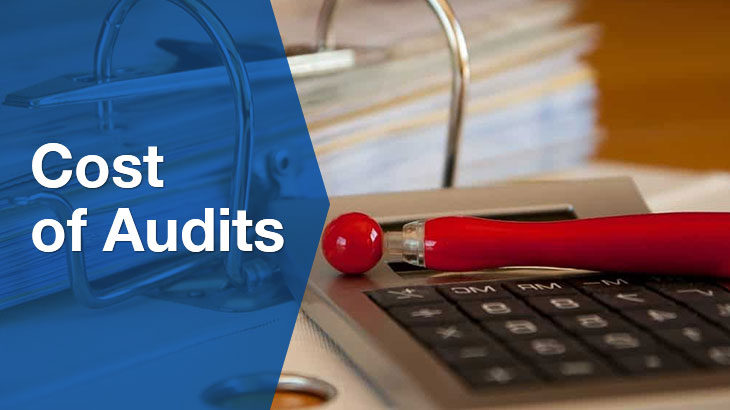How Much Is a Single Audit?
Understanding the Cost of Audits
In the world of financial accountability, single audits play a crucial role. These audits are essential for organizations that receive federal funds and are designed to ensure that the funds are used in compliance with the applicable regulations. However, one common question that arises is, “How much is a single audit?” In this article, we will delve into the factors that determine the cost of a single audit and provide insights into what you can expect when budgeting for this important financial examination.

What Is a Single Audit?
Before we explore the cost of an audit, it’s important to understand what a single audit actually entails. A single audit, also known as a Uniform Guidance audit, is required for entities that expend federal awards, grants, or funds. These audits are conducted to assess whether the organization has complied with federal regulations regarding the use of these funds. Compliance with the Uniform Guidance is crucial, and a single audit is the tool that ensures organizations are adhering to these standards.
Factors Influencing the Cost of a Single Audit
The cost of a single audit can vary significantly from one organization to another. Several key factors influence the price you can expect to pay for a single audit:
1. Size and Complexity of the Organization:
- Larger organizations with complex financial structures often require more extensive audits. This is because the auditor must examine a larger volume of financial data and transactions. Consequently, the size and complexity of your organization can have a substantial impact on the cost of the audit.
2. Number of Federal Awards:
- If your organization receives multiple federal grants or awards, it is likely that the cost of the audit will increase. This is because the auditor will need to review compliance for each grant, which can be a time-consuming process.
3. Experience and Reputation of the Auditor:
- The qualifications and reputation of the auditing firm you choose can affect the cost of the audit. Established and reputable auditors may charge higher fees, but they often provide a higher level of expertise and quality in their services.
4. Geographic Location:
- The cost of living and business expenses can vary significantly depending on your organization’s geographic location. In areas with higher costs, such as major cities, you can expect to pay more for the audit.
5. Internal Controls and Record-Keeping:
- The state of your organization’s internal controls and record-keeping can also influence the cost of the audit. If your financial records are well-maintained and your internal controls are strong, the audit may be more efficient and, therefore, less expensive.
Typical Costs for Single Audits
It’s important to note that there is no fixed cost for a single audit, as it is influenced by the factors mentioned above. However, to provide a general idea, the cost of a single audit can range from a few thousand dollars for small organizations to tens of thousands of dollars for larger and more complex entities. It’s crucial to obtain quotes from reputable auditing firms and consider the specific needs and circumstances of your organization.
Tips for Managing the Cost of a Single Audit
While the cost of a single audit can be substantial, there are several ways to manage and optimize your audit expenses:
1. Plan Ahead:
- Start the audit planning process well in advance to avoid rushed or last-minute efforts that can increase costs.
2. Choose an Experienced Auditor:
- While the cost of the audit is a significant consideration, it’s important to prioritize the quality and experience of the auditor. An experienced auditor can help you navigate the audit process efficiently.
3. Maintain Strong Internal Controls:
- Invest in robust internal controls and maintain accurate financial records to streamline the audit process and reduce potential findings that could increase costs.
4. Negotiate Fees:
- Don’t hesitate to negotiate fees with auditing firms. While you should expect to pay for quality services, competitive pricing is important.
5. Regularly Communicate with Your Auditor:
- Open and clear communication with your auditor can help address potential issues early and prevent unexpected cost overruns.
In Conclusion
The cost of a single audit can vary widely, but it is a necessary expense for organizations that receive federal funds. Understanding the factors that influence the cost and taking steps to manage and optimize your audit expenses can help you budget effectively while ensuring compliance with federal regulations. Remember that investing in a quality audit can provide valuable insights and peace of mind regarding the use of federal funds within your organization. For smsf auditing prices see here.



